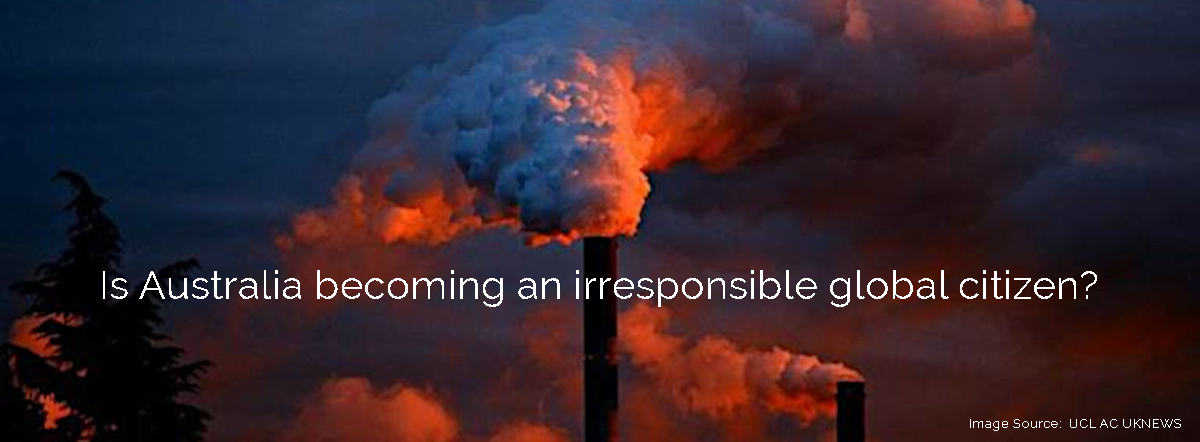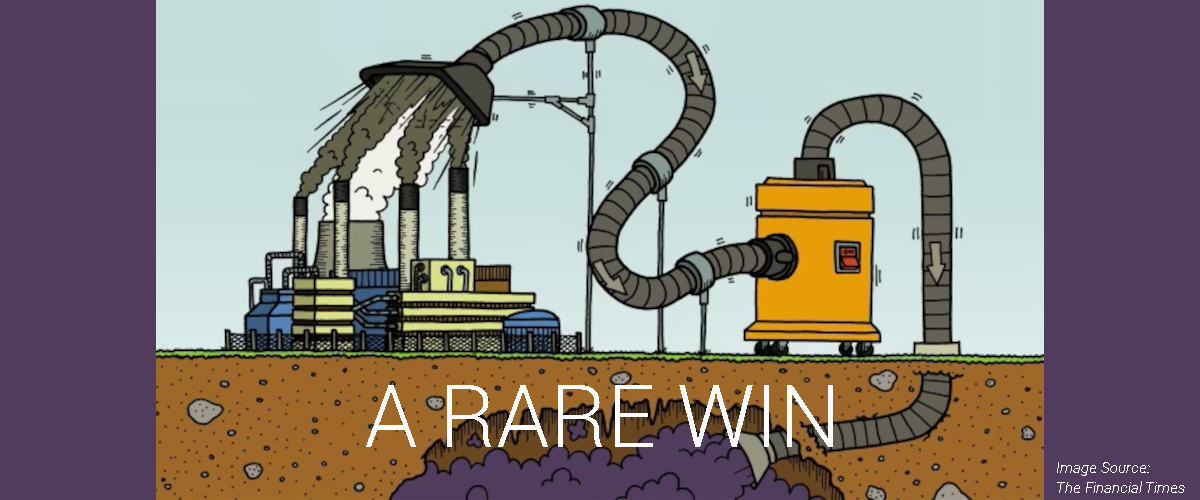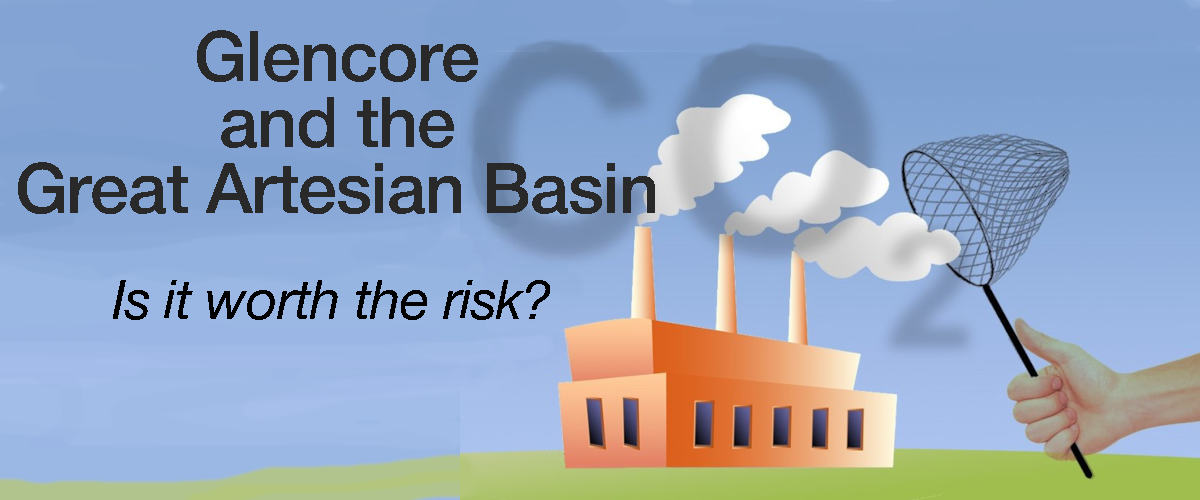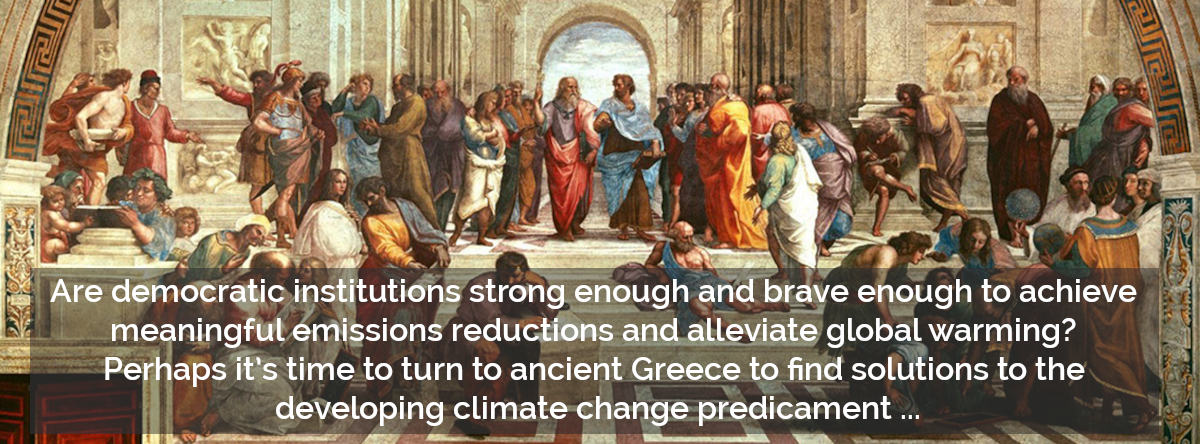ROCKFLAT ESSAYS
THE NUCLEAR OPTION?
Reading Time: 3 mins 28 September 2024 | Author: Robert Watson
Opposition leader Dutton has ramped-up the climate deniers campaign with an ill-conceived, hasty and ridiculous plan to try and convince Australia that “next generation nuclear power is the only feasible and proven technology that can firm-up renewables and help us achieve our goals of clean, cost effective and consistent power – it is safe and has zero emissions”.
His words, not mine. Dutton's many omissions in his presentation say more about this strategy than do his meaningless words.

Is Australia becoming an irresponsible global citizen?
Reading Time: 18 mins 15 September 2024 | Author: Robert Watson
Dutton’s coalition last week vowed to ramp up fossil fuel mining, abandon Australia’s carbon reduction commitments, slashing the influence of environmental groups and limiting the ability of third party challenges to mining projects that would give free reign to a group of already privileged coal miners. Meanwhile, the Albanese government “talks the talk” but is unable or unwilling to “walk the walk” on replacing dirty coal and gas with clean renewables.
Australia risks being seen as a pariah in a world that wants to be clean. As our coal export markets close down over the next few years our export income will fall and Australia will be left wondering why we didn’t act sooner.
CLIMATE CHANGE – DEMOCRACY’S DILEMMA
Reading Time: 18 mins 3rd July 2024
Author: Robert Watson
Are democratic institutions strong enough and brave enough to achieve meaningful emissions reductions and alleviate global warming?
Perhaps it’s time to turn to ancient Greece to find solutions to the developing climate change predicament ...
This essay discusses the difficulties democracies have in dealing with climate change and suggests a "Utopian" solution!

A WIN FOR US ALL- EXCEPT GLENCORE
Reading Time: 6 mins 1st June 2024
Author: Robert Watson
A WIN FOR US ALL - EXCEPT GLENCORE
The climate and Australia had a win this week. A proposal by the Glencore mining group to store liquified carbon dioxide (CO2) derived from a planned, but unproven, carbon capture process into subsurface sandstone beneath the Great Artesian Basin was rejected by the Queensland Government.

GLENCORE AND THE GREAT ARTESIAN BASIN
Reading Time: 11 mins 7th May 2024
Author: Robert Watson
GLENCORE AND THE GREAT ARTESIAN BASIN
Despite unified and diverse opposition, Glencore, one of the world's largest miners is proposing to capture carbon dioxide from it's Moonie gas field, liquifying the waste and transporting it almost 200km to deposit in the largest artesian water body in the world, the Great Artesian Basin covering 22% of the Australian continent.

CARBON CAPTURE & STORAGE – an expensive exercise in greenwashing
Reading Time: 20 mins 26th January 2024
Author: Robert Watson
CARBON CAPTURE AND STORAGE - an expensive exercise in greenwashing
The effects of climate change and global warming are now being felt world wide. Respectable science is unanimous in acknowledging climate change, recognising that anthropogenic climate change – that caused by human impact – has quickly escalated the natural climate cycles that have occurred throughout Earth’s history.
COP28 all but failed to reach it's stated goals, settling for the lowest common denominator to pacify the growing fossil fuel lobby attending COP. The same board rooms of fossil fuel miners around the world have managed to elicit strong support for the carbon capture and storage (CCS) technology as a means of reducing CO2. CCS has not been successfully utilised as a major carbon reduction technology anywhere in the world despite billions of dollars being spent ...

DECARBONISING AUSTRALIA
Reading Time: 34 mins 5th July 2023
Author: Robert Watson
DECARBONISING AUSTRALIA
With the widespread use of carbon credits, expensive and unproven technologies, as well as new coal mine approvals, Australia is making the difficult job of reaching net zero by 2050 almost impossible.
Since May 2022 there have been three significant matters that will largely determine Australia’s direction on climate policy in the next few years. The first was the defeat of the Coalition government by the Anthony Albanese led Labor Party. The second matter was the reform to the Safeguard Mechanism by the new Labor government early in 2023, and the third and related matter was the Chubb Review into the Australian Carbon Credit Unit (ACCUs) scheme.

CLIMATE – A NEW GOVERNMENT, THE MINERS & RENEWABLES
Reading Time: 9 mins 23rd September 2022
Author: Robert Watson
CLIMATE - A NEW GOVERNMENT, THE MINERS & RENEWABLES
A big factor helping the Labor Party win government in May last year was their advocacy for improved policies to help relieve global warming and climate change in general. There were of course other reasons people voted for a change, including the establishment of an effective federal integrity commission, gender wage equality, fairer wages for low-paid workers, and, because they weren’t the Morrison government!
Prime Minister Anthony Albanese has already served more than 10% of the electoral term, and from a rapid start, things might already be starting to ‘slow down’. There is more ‘political speak’ lately and less direct answers to difficult questions.

1.5oC … GOING, GOING, GONE!
1.5oC … GOING, GOING, GONE!
Reading Time: 12 mins 22nd April 2022
Author: Robert Watson
1.5°C ... GOING, GOING, GONE!
The Paris Agreement is a landmark international accord that was adopted by nearly every nation in 2015 to address climate change and its negative impacts. The agreement aims to substantially reduce global greenhouse gas emissions in an effort to limit the global temperature increase in this century to 2°C above preindustrial levels while pursuing the means to limit the increase to 1.5°C. Source: IPCC (Intergovernmental Panel on Climate Change)
On current evidence, one could reasonably believe that Earth has possibly reached, or is very close to reaching the critical +1.5°C temperature increase over pre-industrial temperature levels.


